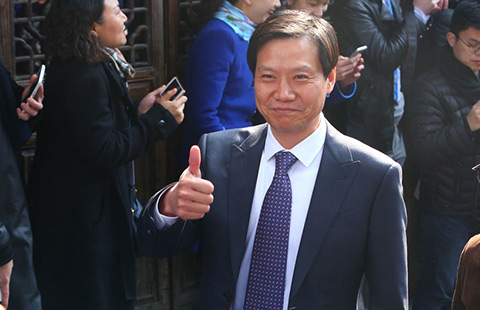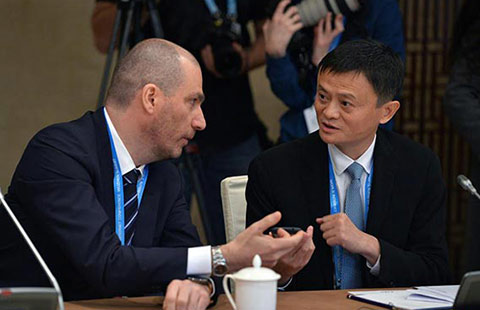Economic resilience expected to counter slowdown
(Xinhua) Updated: 2012-07-24 17:07Chang Xiuze, a researcher with the Academy of Macroeconomic Research under the National Development and Reform Commission, said investing in a modern service industry will be particularly significant.
"As services are produced and consumed simultaneously, investment in the service industry can give a huge boost to consumption," he said.
While economic restructuring is being optimized through investment, scholars have also urged the government to launch income distribution reforms as soon as possible to raise the incomes of middle and low-income groups.
"The fundamental driver of consumption is income. Facilitating consumption with subsidies can only increase spending," said Zhuang, referring to new subsidies for energy-efficient household appliances.
The other catalyst for economic restructuring, scholars maintained, will be to broaden access for private capital in key and strategic industries. Without deep involvement by private enterprises, which provide the majority of employment, economic restructuring will get nowhere, they warned.
So far, more than 20 ministries and governmental departments have released implementation measures encouraging private capital investment in the railway, public facilities, energy, telecommunication, public health and education sectors.
"We still need some time to see if these documents are viable and can bring substantial benefits to private enterprises," said Zhuang.
"The next five years will prove to be a very crucial time to increase the long-term resilience of the Chinese economy. Piecemeal responses stop pain temporarily, but the real cure comes from deepened reform," said Zhuang.
- Connecting the world with Internet, Lenovo's CEO says
- China's retail sales growth estimated at 10.7% in 2015
- Quality, not quantity, should drive home-grown products: Xiaomi's founder
- Baidu reveals strategy behind overseas expansion
- Homegrown nuclear power plant design software released
- China has dynamic Internet sector: EIU
- New Oriental-backed Internet education firm listed on China's New Third Board
- Lenovo aims to produce more cloud-enabled smart devices
















